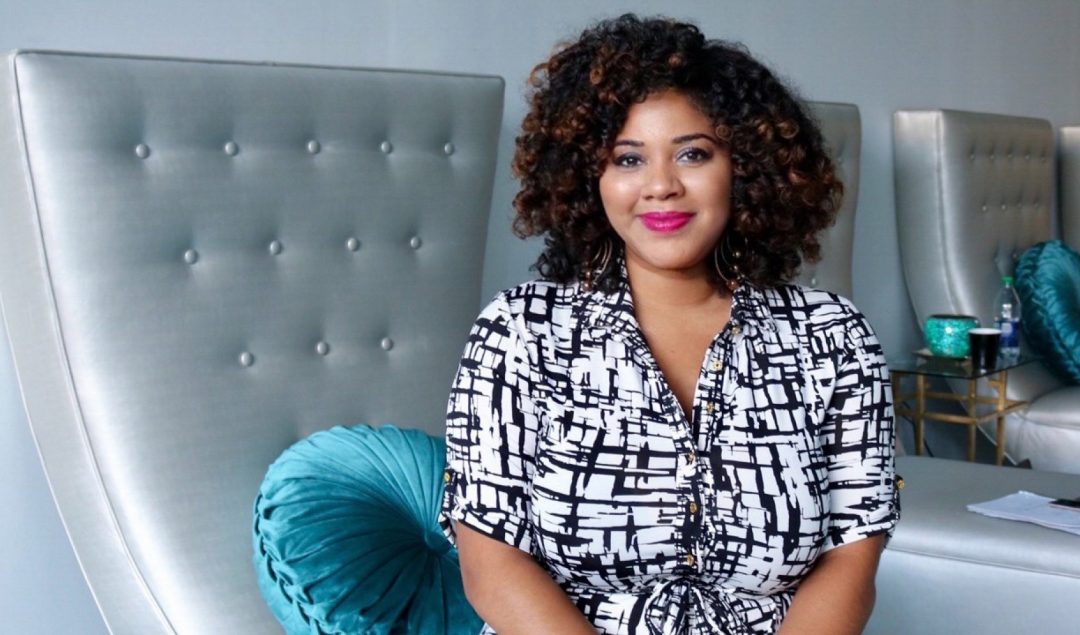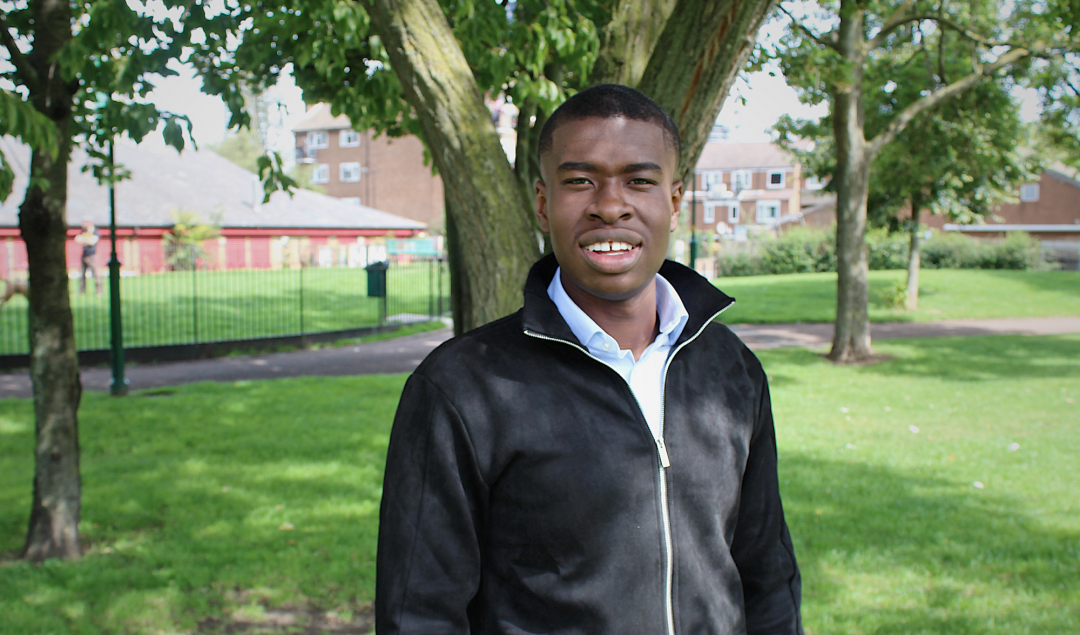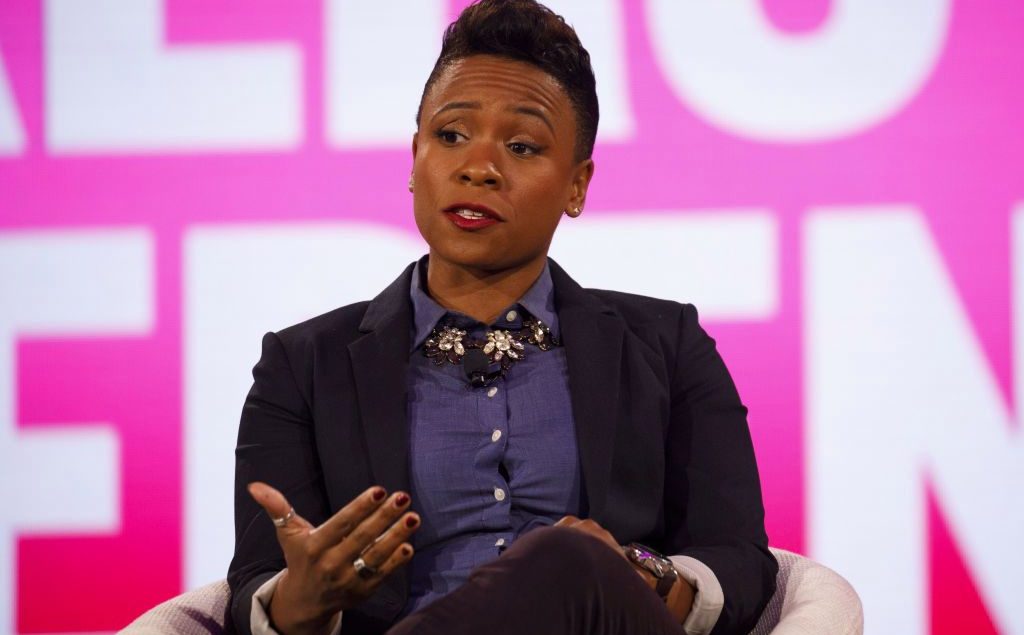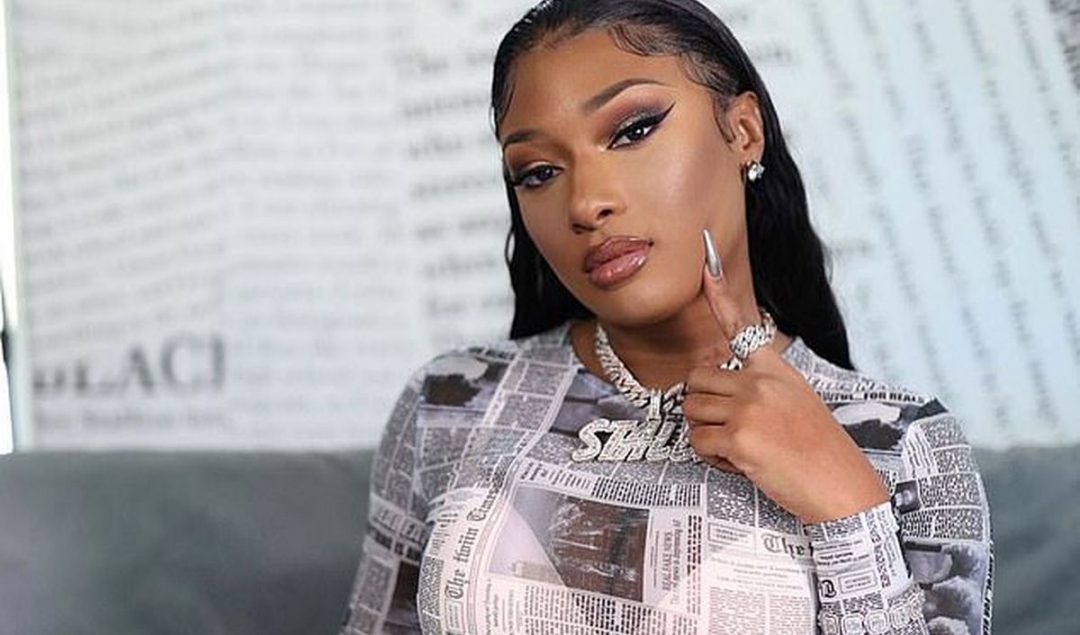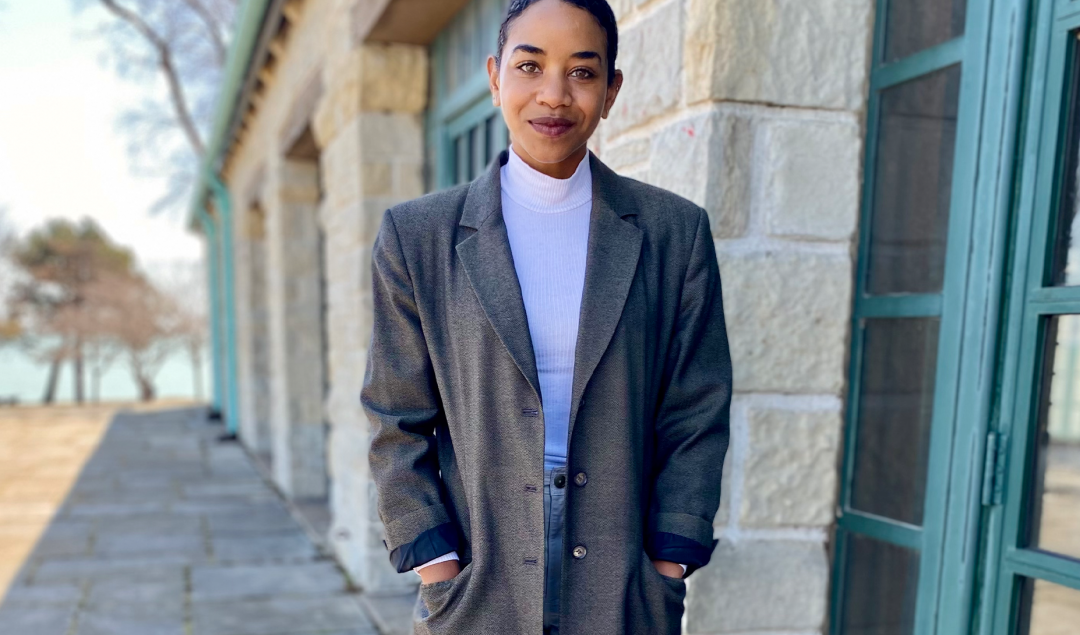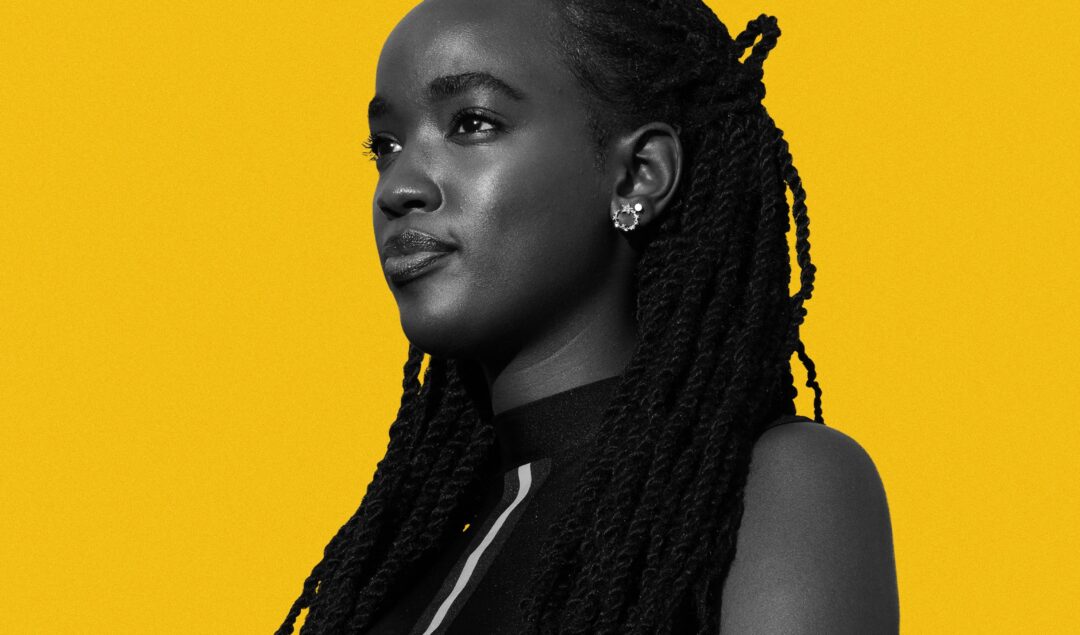From Memes, gifs, dances that go viral, and tweets—Black innovation and creativity have a significant impact on pop culture and mainstream trends. It’s Black creativity that sets cultural trends yet our innovation is constantly exploited. Earlier this month, Black Tiktokers went on strike refusing to make new dance content as their dances were ripped off and copied without recognition or compensation for their creativity. Can NFTs be the tech that enables the Black community to receive appropriate financial compensation for the work they create? This article will showcase how some Black
This week we rounded up 8 Black-owned apps to improve your day-to-day. From an app to help you find other black businesses, a social network exclusively for people of color, and apps to help you with your mental health. Support these Black founders who are providing the tech to boost your day. ICYMI check out this list of Black founders who have created apps to improve your business and career. Take Care of Your Mental Health Originally launched as a messaging bot that gave out life advice and motivation in
Ivan Beckley is a student doctor, host of The Bias Diagnosis, and co-founder and CEO at Suvera, a digital service helping clinicians follow up their patients virtually. Earlier this month, Google announced that Suvera was one of 30 Black-led startups selected for their $2 million (£1.5 million) European Black Founders Fund. I caught up with Ivan a few days after he sat his medical school final exams and asked him where it all began. “I became interested in the startup scene around the time I started medical school, I would
We’ve rounded up a list of software and apps launched by Black entrepreneurs, all of which will help you improve your business, career, and personal life—all while supporting Black-owned companies. Read on to find apps that will help you build diverse teams, monetize your social media, discover other Black-owned businesses, or elevate your tech career. Support Black entrepreneurs while elevating your business and career with tech products that are Black-owned. Apps and Software to Improve Your Business and Career Organise your calendar and schedule with Calendly Calendly the modern scheduling
What’s happening? Black content creators are tired. Tired of having their content on Instagram, Youtube, and Tiktok generate millions for the platforms—yet receiving little to no recognition, attribution, and of course, adequate financial compensation. So while white TikTokers receive national attention and praise for dance trends, the Black creators of these viral dances are ignored. The community often takes to Twitter to call out the many instances where original creators of viral dances, many of whom are Black, receive no credit. This is not a new problem Jimmy Fallon invited white TikToker,
Their stories are inspiring. Meet 9 young and talented entrepreneurs who are committed to solving problems within their communities. They have launched and built businesses from the ground up before 30; these founders are leaving incredible contributions to the tech world. We wanted to highlight stories of a few young African entrepreneurs making a big impact in their communities and across their continent. Jean Bosco Nzeyimana, Rwanda Founder: Habona Jean Bosco Nzeyimana was named one of Forbes 30 Most Promising Young Entrepreneurs in Africa in 2017. At the age of
Elise Smith is leading the way in developing more conscious leaders in the workplace. She is the co-founder of Praxis Labs, a company that has created a virtual-reality-based platform that allows users to take on identities of different racial and gender backgrounds. Their mission, to help employees and leaders to change their perspectives over time by virtually stepping into the shoes of others. Elise joins the small list of Black women in the U.S to have raised more than $1 million for a venture-backed business. We had the pleasure of
You’ve likely noticed by now that the world has finally decided to amplify a long, on-going conversation about racism — at least for the moment. In the US, underpinning the headlines about policing and excessive use of force on Black and Brown bodies is the conversation about how systemic power disparities affect the Black community. As a Black, gay man from the South, I live this conversation. As a Black designer, I see my lived experience reflected in the perpetuation and preservation of white supremacy across the design field, both
With the global pandemic confining many to their homes, it seemed like everyone was talking Crypto, GameStop, and Dogecoin. Many wondered, “am I the only one not getting rich?” Hello FOMO… The year indoors provided many with newfound disposable cash. The upside is a significant investment boom amongst Black millennials – with Black Americans investing in the stock market at three times the rate of their white counterparts. The investment gap This surge of activity by US Black millennials investors is closing the “investment gap”. According to an Ariel Investment and
In the tech industry, less than 5% of the workforce is African-American, and we know the tech sector has a long way to go in fixing diversity issues. The following list is a short intro to just some of the Black product designers who are flourishing in Silicon Valley, the corporate world, and beyond. They are creating incredible experiences, and invaluable products, and are supporting the next generation of designers. Mariam Braimah Mariam is a product designer at Netflix. She is also the founder of Kimoyo Fellowship, a design program teaching the


